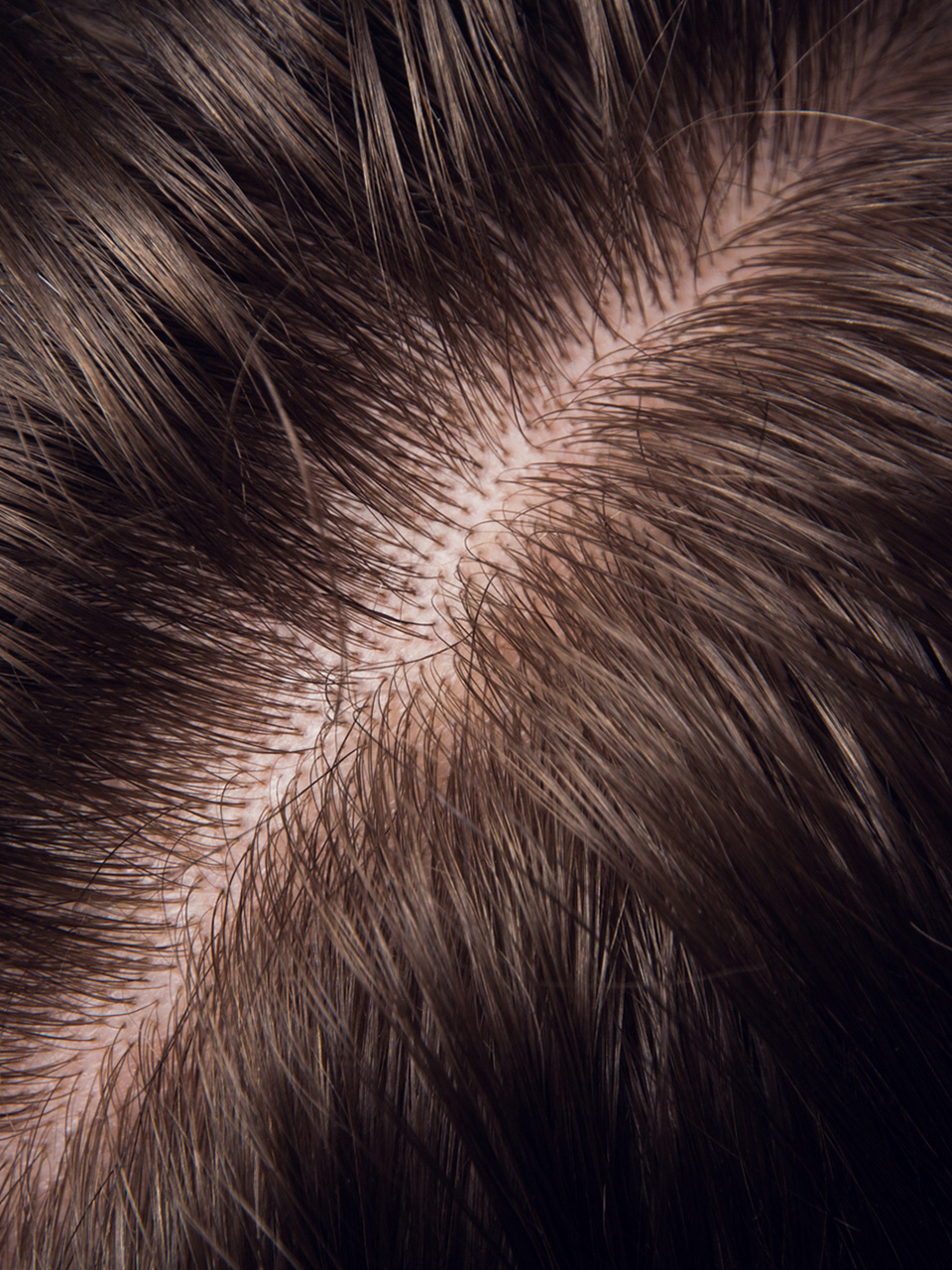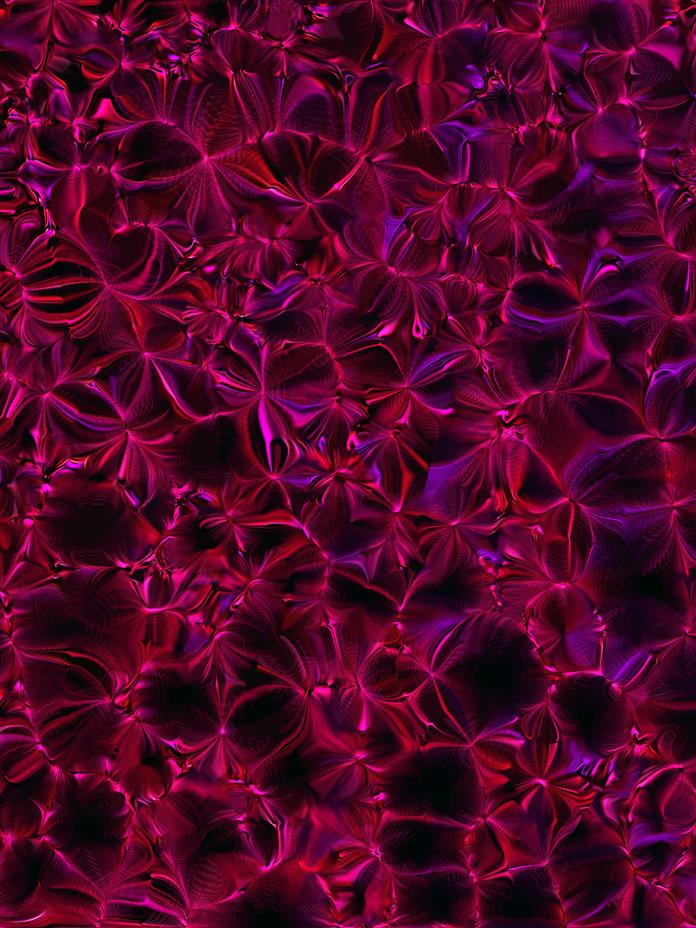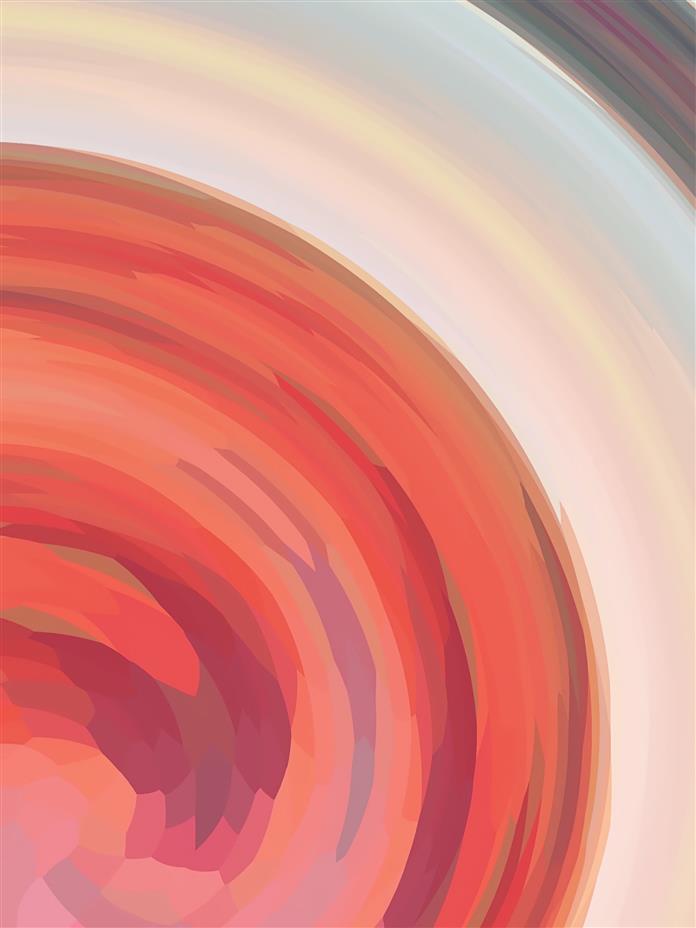Dandruff in kids is mostly caused due to irregular hair washing and inadequate rinsing of the scalp at the time of shampooing. Making your child aware about personal hygiene and correct shampooing tips will solve the problem effectively.

Tap to Read ➤
Dandruff in Children
Ningthoujam Sandhyarani


Dandruff in kids is mostly caused due to irregular hair washing and inadequate rinsing of the scalp at the time of shampooing. Making your child aware about personal hygiene and correct shampooing tips will solve the problem effectively.
Dandruff in kids is mostly caused due to irregular hair washing and inadequate rinsing of the scalp at the time of shampooing. Making your child aware about personal hygiene and correct shampooing tips will solve the problem effectively.

Dandruff is the normal shedding of top skin layer in the scalp area, which is quite common in all parts of the body. While it goes unnoticed in other areas, it is more prominent in the scalp, as hair strands hold the dead skin.

Similar to teenagers and adults, children can also face the problem of dandruff. However, cases of children suffering from flaky scalp are usually mild, except a few instances, wherein, they develop stubborn plaques on the scalp. Parents need to understand the possible dandruff causes in children, so that they can be treated promptly.

Possible Causes
Children who are reaching their puberty stage often get dandruff, which is basically due to hormonal changes taking place in the body. The most probable cause of dandruff in young ones is improper rinsing of the scalp while shampooing. As the dead skin cells are not removed, they accumulate over time, causing dandruff.

Other causes are oily scalp, dry weather, unhealthy diet, less sleep, and stress. Since the hair problem is hereditary, it is quite likely that kids born to parents having dandruff, get this scalp condition.

It is observed that the scalp of a child having dandruff is prone to excess and rapid shedding. If not addressed in the early stages, a mild condition may exacerbate to severe dandruff condition, which is sometimes referred to as cradle cap.

Accompanied with mild to severe itching, this thick chunky dead skin usually measures about one or two centimeters. Also, a worrying concern is loss of hair, resulted due to tough dandruff and constant scratching. Whatever is the severity of the condition, it is best to treat it in the early stages.

How to Treat Dandruff in Children?

In most cases, dandruff can be treated successfully with home treatment alternatives. You can try effective hair care methods for curing the dandruff in your child's scalp. In fact, treatment of the condition by a physician is imperative, only if home remedies fail to show improved results within two weeks.

Following are some effectual and safe tips for good riddance of dandruff from your child's head.

Regular Shampooing
As mentioned already, lack of personal hygiene is the main reason for developing dandruff. Simple instructions on washing hair and shampooing frequency will help clear the condition within a few weeks' time. Shampooing at least thrice a week with regular shampoo is recommended, to remove dry skin flakes from the scalp.

Anti Dandruff Shampoos
You will find a plethora of anti-dandruff shampoos, specifically formulated for children. Check the ingredients of the shampoo before purchasing it. Needless to say, such products are strong and may lead to hair damage and premature hair fall. The best way is to select a shampoo under the supervision of a hair expert.

Shampooing Method
Consider reading the label before applying dandruff shampoo to your child's scalp. You can squeeze some shampoo in you palm, and massage it over the scalp. Rinse thoroughly with cold water at least twice. This will help flush the unsightly skin flakes from the scalp and hair. Repeat this twice a week.

Reduce the Use of Hair Products
Increased use of hair styling products is the primary cause for dandruff in some children. If you doubt that the same thing is happening with your child, make sure you reduce the amount or even stop the use of such hair products. This will surely make a difference, and help in effective treatment of dandruff.

Dealing with dandruff is not so difficult, as majority of the cases are manageable with correct remedies.

If your child complains of severe itching, painful scalp and hair loss, get him/her checked by the doctor immediately. Such symptoms may be an indication of scalp conditions like psoriasis, seborrheic dermatitis, and ringworm. Though such issues are not so serious, timely diagnosis and right treatments are essential to minimize the risk of complications.